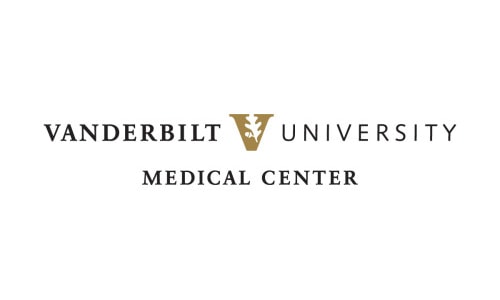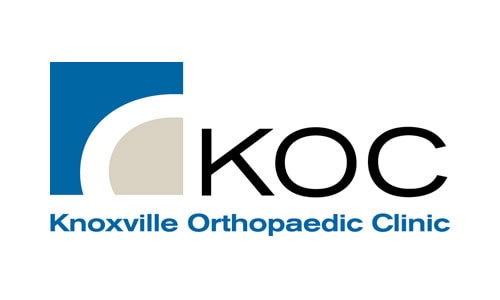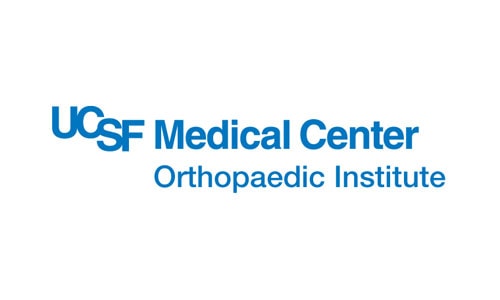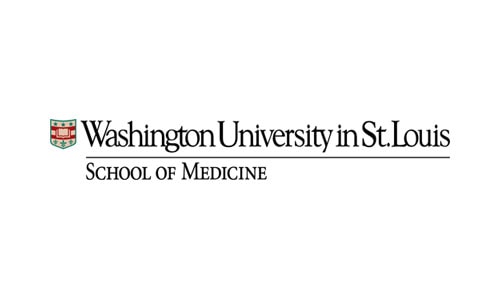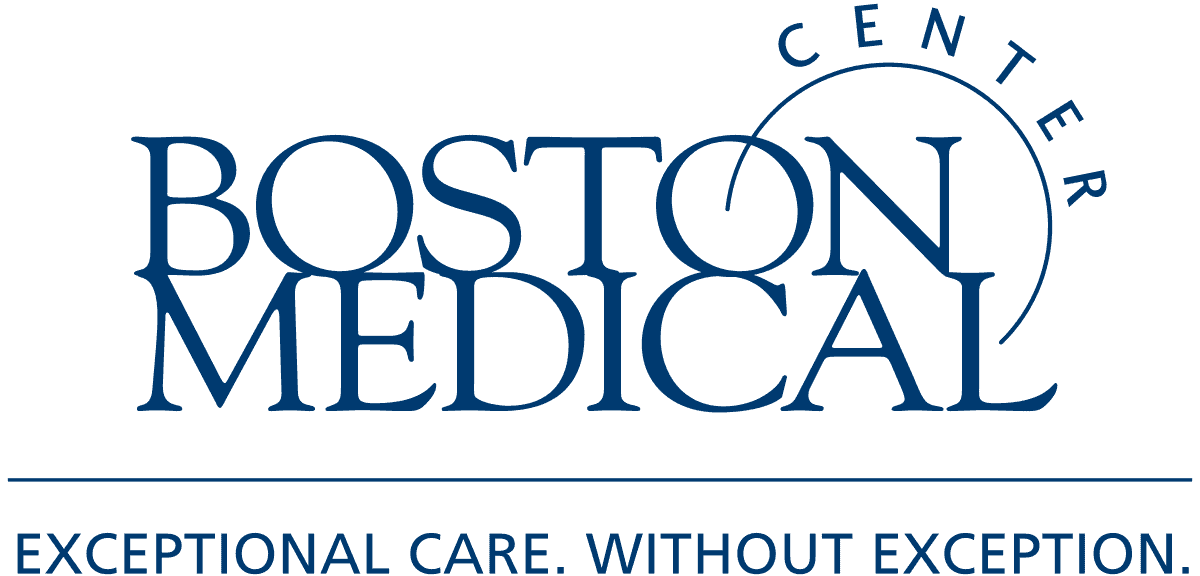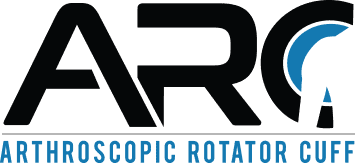

PURPOSE OF THIS STUDY
The ARC study is a randomized clinical trial comparing operative and non-operative treatment for rotator cuff tears that develop over time. This study aims to find out which treatment works better and for whom, in order to help patients in the future select the best treatment for them.
Rotator cuff tears are one of the most common causes of shoulder pain in adults in the United States, accounting for 10.7 million outpatient doctor visits in 2013. Specifically, it is estimated that 65-70% of adults with shoulder pain have an underlying rotator cuff disorder. Rotator cuff injuries are common due to their degenerative nature, meaning that they occur slowly over time as a person ages, often without a distinct injury. These kinds of tears are classified as atraumatic.
The two standard treatments for atraumatic rotator cuff tears are non-operative (physical therapy alone) and operative (surgery followed by physical therapy). The percentage of rotator cuff patients treated with surgery rose from 33.8% to 40.4% from 2005 to 2012, showing an increasing tendency to treat with surgery. It is not clear, however, if this trend has resulted in more successful outcomes for patients. The purpose of the ARC Trial is to help answer this question. We are also studying whether size of tear and age influence which treatment works best. This trial is different from previous observational studies because patients are randomly assigned to a treatment group, which will allow us to better measure the differences between these two treatments without any biases. We believe this study will help patients and providers to make better and more informed decisions in the future.
Study Updates
Recruiting for the study began at Vanderbilt in January of 2018, with 11 more sites brought on board by June 2018 and 4 more at the end of 2019/ beginning of 2020, bringing us to a total of 16 sites currently recruiting. There are two more sites preparing to join the study when recruiting resumes after the COVID-19 pandemic. A couple exciting things that have happened since then; the ARC Trial Protocol was published by the JAMA Network (see our publications page for more information), and we have surpassed 10,000 patients screened and 100 patients enrolled.
Here’s the update as of March 19th, 2020:
- 120 patients have been enrolled in the study and randomized to a treatment
- 60 (50%) randomized to operative treatment (surgery), 60 (50%) randomized to non-operative treatment (physical therapy)
- 57 % female, 43% male
- 80% White, 12% Black/ African American, 4% Missing data, 1% Asian, 1% American Native
- Patients who have reached follow-up time points
- 3 months = 105
- 6 months = 96
- 12 months = 66
- 92% of sent questionnaires are successfully filled out and returned
- Tear size representation:
- 69% Less than 2cm
- 31% Greater than or equal to 2cm
- Age representation:
- 55 % less than 65 years old
- 45% greater than or equal to 65 years old
INTERESTED IN PARTICIPATING?
- People 40-84 with rotator cuff tears ages who meet all eligibility criteria may participate in this study.
- You will need to see an ARC shoulder study specialist who can diagnose your shoulder pain and evaluate your eligibility for the study.
FIND A SITE NEAR YOU!
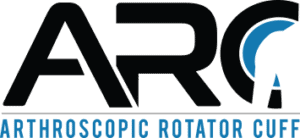
Please click on the site name below or its location on the map for more information!
Our study is currently recruiting at these 14 sites:
⇒ Vanderbilt University Medical Center (Nashville, TN)
⇒ Knoxville Orthopaedic Clinic (Knoxville, TN)
⇒ Orthopedic Institute (Sioux Falls, SD)
⇒ University of California, San Francisco (San Francisco, CA)
⇒ University of Colorado Denver (Denver/Boulder, CO)
⇒ University of Kentucky (Lexington, KY)
⇒ University of Pennsylvania (Philadelphia, PA)
⇒ University of Texas Southwestern (Dallas, TX)
⇒ Washington University (St. Louis, MO)
⇒ Ohio State University (Columbus, OH)
⇒ University of Iowa (Iowa City, IA)
⇒ University of Michigan (Ann Arbor, MI)
⇒ Boston Medical Center (Boston, MA)
Our study will soon be recruiting at these sites:
- COSTS
- ELIGIBILITY
- MY ROLE AT HOME
- OTHER TREATMENTS
- PATIENT PRIVACY
- PHYSICAL THERAPY
- STUDY FOLLOW UP AND CONTACT
- STUDY TREATMENT DETAILS
No, we will continue to follow you as planned even if you switch treatment groups or do not pursue treatment at all.
Please contact the ARC Trial research team at Vanderbilt: [email protected] / (629) 777-8022.
A summary of the study results will be made available on our website: www.shoulderstudy.org. Information about the trial can also be found at www.clinicaltrials.gov.
Yes. There will be questions that ask about these treatments on each follow up questionnaire.
Yes, other nonsurgical treatments, such as cortisone injections, pain medications, acupuncture, etc., can be utilized while undergoing your assigned treatment for the study.
Yes, you can choose whether you prefer to complete your questionnaires on paper or electronically (via computer or tablet). If you choose to complete them electronically, a unique link to your questionnaire will be sent to you via email at each follow up.
Yes, there is a special MyCap app that will allow you to complete your Physical Therapy Diary using your smartphone. Our research staff will help you install and set up this app before you leave the clinic. The MyCap app is currently available for both iPhones and Androids.
Copies of these documents can be found on our website in the patient section for the ARC Trial (www. shoulderstudy.org/studies/arc-trial/participants/).
Complete your diary each day any time that you are attending formal physical therapy for your enrolled shoulder during the first year of the study. This means you should complete the diary daily for each course of shoulder PT – from the first physical therapy visit until the last – even if you switch treatment arms or go back to physical therapy a second time later on.
You should perform home exercises 2-4 times a week, as instructed by your physical therapist. Your home exercise program should take approximately 30 minutes a day to complete.
Your physical therapist will assign specific exercises for you to do at home each week. Bring your ARC Rotator Cuff Home Exercise Program booklet with you to each visit, so your exercise assignments can be updated each time.
We take protecting your confidentiality very seriously. You will be assigned a study ID which will be used instead of your name during the course of the study. Participant information will be stored in locked cabinets and secure, password-protected research servers, accessible only to authorized study personnel.
Your information will only be accessed by authorized personnel for study purposes, including study staff, research monitors, auditors, and federal regulatory agencies, as needed.
No, the ARC study will not pay for the cost of your shoulder treatment. Your insurance company will be billed as it normally would for any surgery or physical therapy as well as follow-up doctor visits related to treatment. However, you will NOT have to pay for any tests or treatments done only for research purposes.
A physical therapist with the ARC trial will contact your treating physical therapist to make sure they know about the study and receive the appropriate treatment instructions. You will also be given a packet with information about the study to take with you to your first physical therapy visit.
You can go to the certified physical therapist of your choice. If you do not already have a preferred physical therapist, our research staff can help refer you to one near you.
Yes, you and your physical therapist can determine how many physical therapy sessions you need to attend over the course of your treatment and how frequently.
The usual recommended physical therapy program is 1-2 times a week on average for 3 months (for non-operative treatment) or for 4 months (following surgery).
Yes. For example, if you are assigned to the non-operative (physical therapy) treatment group and later wish to have surgery on your shoulder, you can. We just ask that you wait 6 months before doing so, so we can accurately measure the effectiveness of your initial assigned treatment.
It takes 6 months for either treatment to be fully effective. Therefore, we ask participants to stick with their assigned treatment for at least 6 months.
We ask that you begin treatment within 8 weeks of enrolling in the trial. If there is too much difference between when people start treatment, it makes it difficult to accurately compare treatment results among participants. However, if for some reason you are unable to begin treatment within 8 weeks (2 months), you will still be part of the study.
This is a randomized controlled trial, which means that if you choose to participate in the study, you will NOT choose which treatment you receive. You will be randomly assigned to either operative (surgery + physical therapy) or non-operative (physical therapy without surgery). There is a 50-50 chance of being in either group, regardless of whether you have previously had physical therapy for your shoulder.
It depends on what kind of study you are already participating in. If it is not related to your shoulder treatment, then the answer is most likely yes. Be sure to mention it to our research staff to make sure before enrolling in the ARC trial.
Yes, you can still participate in this study even if you have already had physical therapy for your shoulder.


